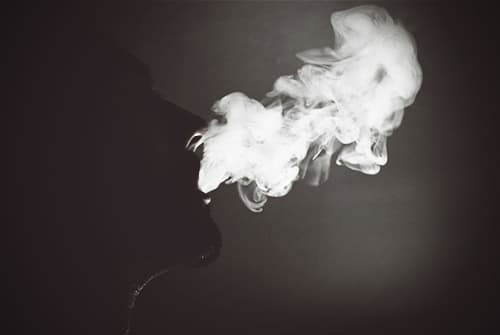Phencyclidine (PCP) Use Disorder:
Phencyclidine Use Disorder is the continued use of phencyclidine in spite of clinically significant distress or the impairment it causes. The disorder usually involves a strong desire to take the drug, trouble in controlling its use, consistent use despite harmful consequences, higher importance given to drug use than to other activities and responsibilities, and higher drug tolerance.
Overview of PCP:
PCP is the common name for Phencyclidine. It is a hallucinogenic drug that influences the brain in many ways. It is known for its ability to cause disassociation from the environment and the drug can also produce a strong feeling of excitement. The drug is sold under several street names, such as Angel Dust, Hog, Amoeba, STP, Super Grass, Ozone, Zoom, Belladonna, Peace Pills, Boat, Animal Trank, Sherm Sticks, and Embalming Fluid.
The drug is known for its disturbing withdrawal effects. During a high, it produces illusions, potentially aggressive behavior, and anxiety when users are “coming down.” PCP can come in liquid form which is yellow or clear in color. It is also in tablet or powder form and easily dissolves in water. It is also mixed with other drugs, such as Methamphetamine, Ecstasy, Mescaline, Marijuana, and LSD, etc.

Symptoms of PCP:
- Delusions
- Confusion
- Hallucinations
- Euphoria
- Exaggerated strength
- Increased heart rate
- Numbness
- Increased blood pressure
- Feelings of detachment
- Rapid respiration rate
- Memory loss
- Physical and psychological distress
- Anxiety
- Paranoia
- Seizures
- Chills
- Muscle cramps
- Vomiting
- Death
- Rhabdomyolysis
- Dehydration
- Loss of coordination
- Disorientation
- Extreme fear or panic
- Invulnerability
- Aggression
Common Side Effects of Phencyclidine (PCP):
PCP can have different effects on different individuals. The method through which the drug is being consumed and the number of drug users can also alter the effects. Depending upon the quantity, PCP usually has the following side effects:
- Low and medium dosage: Numbness, dizziness, nausea, confusion, and changes in sensory perceptions which include feelings of detachment, hallucinations, changes in blood pressure, and heart rate.
- High dosage: A dangerously higher level of blood pressure and the temperature of the body, violent behavior, stress, hallucinations, and loss of memory.
Diagnosis OF PCP
To receive a diagnosis of a phencyclidine use disorder, the suspected individual must have been consuming one of this group of drugs, and as a result, he should have experienced at least two of the following symptoms within the period of 12 months:
- Taking phencyclidine or a similar drug more than that was intended.
- Trying to control the use of drugs but the efforts are of no use.
- Wasting plenty of time in obtaining, consuming, and recovering from the effects of phencyclidine or a similar drug.
- Experiencing cravings to take more phencyclidine or a similarly acting drug.
- Failing to carry out normal activities at home, school, and work or ignoring the responsibilities.
- Persistence in the use of phencyclidine or a similar drug, regardless of social or interpersonal problems.
- Isolating from other important activities, whether social, occupational, or recreational.
- Taking phencyclidine or a similar drug in situations that are unsafe to self or others.
- Using phencyclidine or a similarly acting drug regardless of the awareness that it is causing physical or psychological problems.
- Increased tolerance for the drug.
Phencyclidine Withdrawal:
Once someone becomes dependent or addicted to Phencyclidine and then suddenly stops taking it, they will experience painful withdrawal symptoms. Typically they will experience depression, confusion, increased appetite, and increased cravings for the drug. Psychotic symptoms like craving, paranoia, chills, headaches, diarrhea, sweating, tremors, confusion and depression may occur and be difficult to cope with. Treatment is important in order to deal with cravings and side effects. There are medications that make the withdrawal symptoms less uncomfortable.
Treatment of PCP:
It is suggested that more than one modality of treatment is needed for success. Some treatments include:
- Dialectical Behavioral Therapy (DBT) for stress management.
- Cognitive Behavioral Therapy (CBT) directed at maladaptive thinking patterns.
- Interpersonal Therapy (IPT) that focuses on interpersonal relations and social roles.

Medication:
There are no specific drugs that can be used to treat a Phencyclidine overdose. The treatment plan is often made according to the individual’s condition. If a person is aggressive, confused, violent, and hallucinating, they will usually be given sedatives such as benzodiazepines to calm down their restless and hyperactive state. They may be prescribed anti-anxiety drugs to control anxiety and anti-depressants to control the symptoms of stress and depression. These drugs do not offer the cure to the disorder but are proven to help calm down negative withdrawal symptoms.
